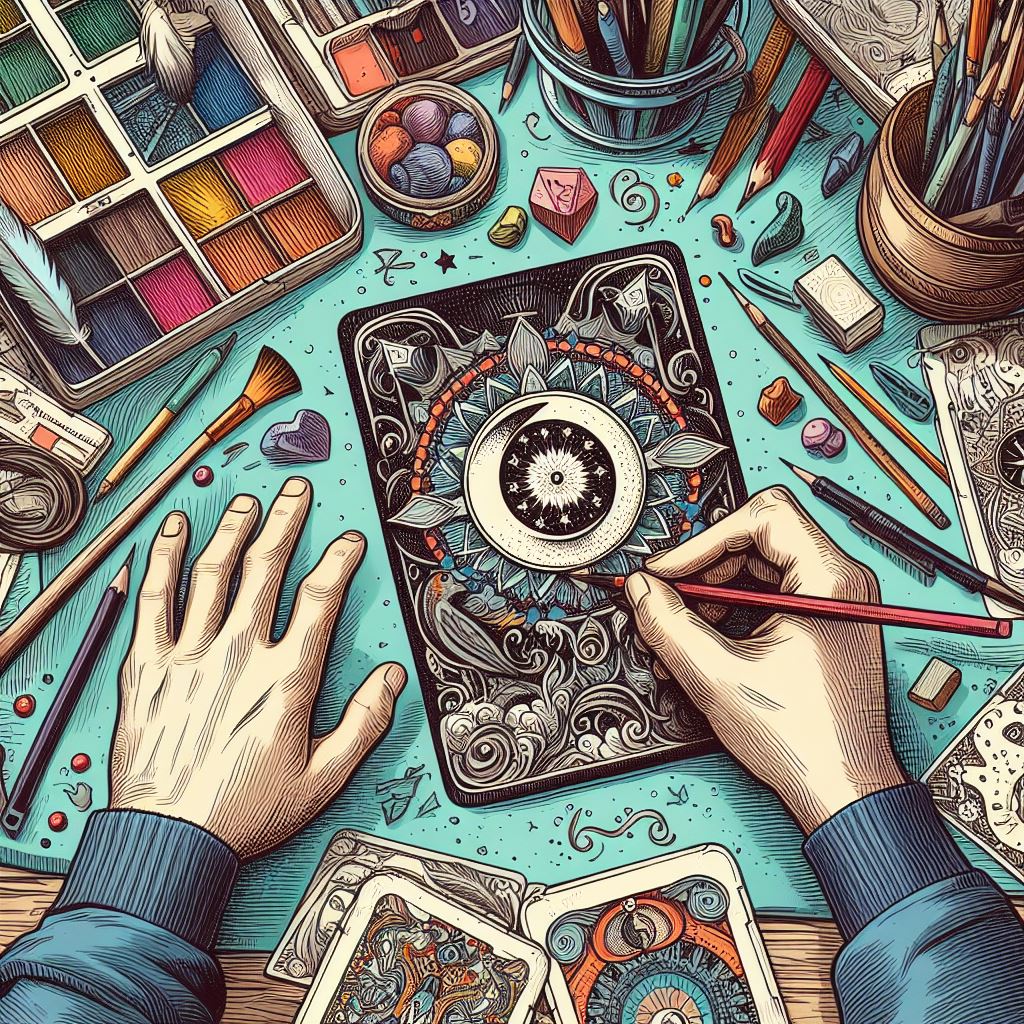You know that tired-but-wired feeling? Where your body is exhausted, your eyes are heavy, but your brain suddenly wants to replay every conversation from 2009? Yeah, that one. It’s the exact opposite of relaxing. And if it happens more nights than not, it’s probably time to take a closer look at your bedtime routine… or the lack of one.
A good bedtime routine isn’t about being fancy or rigid. It’s about creating signals for your brain and body that it’s safe to stop, slow down, and rest. You don’t need to meditate for an hour or buy anything new. In fact, you probably already have everything you need to make this work.
The key is structure and consistency. With just a few small shifts, your night can feel less chaotic and a lot more peaceful. So if you’re over the cycle of tossing, turning, and waking up more tired than you were the night before, keep reading. You’re about to learn how to build a routine that helps you actually sleep… tonight.
Start Early: Set the Tone Long Before Bed
Most people think bedtime starts when you brush your teeth and crawl into bed. But if you’re trying to fall asleep after a full day of stress, stimulation, and sugar, it’s like trying to park a car at 60 miles per hour. You need a runway. That starts hours before you even think about lying down.
Watch Your Caffeine Cut-Off
You probably know caffeine can mess with your sleep. But you might not realize just how long it sticks around. It can take 6-8 hours to fully leave your system, which means that 3 p.m. coffee might still be working against you at 10 p.m.
If you’re having trouble falling or staying asleep, try setting a caffeine boundary around 1 or 2 p.m. You don’t have to go cold turkey. Just shift your last cup earlier and see if it helps.
Ease Up on Screens
Scrolling or streaming right up until bed isn’t just about blue light. It’s about the stimulation associated with the screens. News, group chats, work emails. They all keep your brain alert. That alertness lingers, even after you put the phone down.
Instead of cutting screens completely (which, let’s be real, is hard), start by reducing how many different kinds of content you’re taking in during the last hour of your day. One show? Fine. Three platforms at once? Not helping.
Mind What You Eat and Drink
Late-night snacks can hit different, but they also make your body work harder when it should be powering down. Heavy meals and spicy or greasy foods are common culprits for sleep disruptions.
And while alcohol might make you feel sleepy at first, it disrupts the deeper stages of sleep later in the night. If better sleep is your goal, give your body a few hours to digest before bed and consider cutting off alcohol a few hours earlier too.
Get a Handle on Stress Early
If you’re trying to process your entire day after lights out, you’re setting yourself up for restlessness. Start earlier. Take 5-10 minutes after dinner to brain dump into a notebook, do a light stretch, or just sit quietly without multitasking.
Winding down is a process, not a switch. Giving yourself a few intentional moments to shift gears can make all the difference by the time your head hits the pillow.
Create a Consistent Wind-Down Ritual
Your brain loves patterns. The more consistent your routine is, the faster your body gets the memo: it’s time to relax. This doesn’t have to be complicated or time-consuming. It just has to be repeatable. Think of it like bedtime choreography. Same steps, same order, every night.
Pick a Time and Stick to It
Choose a 30-60 minute block before bed to be your official wind-down time. It doesn’t have to be the same to-the-minute each night, but it should be in the same ballpark. This helps your body shift into sleep mode more easily.
Even on weekends, try not to push your bedtime too far off from your weekday schedule. A consistent wind-down leads to a consistent wake-up and better sleep overall.
Create a Step-by-Step Routine
Do the same things in the same order. For example: wash your face, brush your teeth, put on pajamas, dim the lights, stretch for five minutes, and read a chapter of a book. These repeated actions cue your brain to settle down.
It’s less about what exactly you do and more about doing it the same way, night after night. That familiarity builds comfort and predictability, which helps ease anxiety around falling asleep.
Use Your Senses
The senses are powerful when it comes to signaling sleep. Start lowering the lights around your home as the evening winds down. Bright overhead lights trick your body into thinking it’s still daytime.
Scents like lavender, cedarwood, or eucalyptus can help you relax if you enjoy aromatherapy. You don’t need a full-on diffuser situation; even a light pillow spray or balm works. Keep the smells subtle and consistent.
Soft music, ambient noise, or a white noise machine can also be part of your routine if silence isn’t your thing. Pick sounds that calm your body not just whatever’s trending on sleep playlists.
Make it Non-Negotiable (Almost)
You brush your teeth every night without overthinking it. Your wind-down routine should feel just as automatic. Once you build it into your day, you won’t have to think about “preparing” for sleep. It’ll just happen.
Sure, life will occasionally throw off your schedule. But the more often you stick to your routine, the easier it becomes to get back on track.
Set Boundaries with Screens and Stimuli
Let’s be honest—most of us scroll ourselves to sleep. But if you’re lying in bed with a screen two inches from your face, catching up on everything from work emails to conspiracy theories, your brain doesn’t stand a chance at winding down.
Understand What Screens Actually Do to You
Phones, tablets, and even bright TVs emit blue light, which blocks melatonin—the hormone that helps you feel sleepy. That means your screen time is literally keeping your brain in “day mode,” even if it’s 11 p.m.
But it’s not just the light. It’s the stimulation. You scroll through content, absorb a bunch of information, maybe stress over a text and then expect your brain to just… shut off? That’s not how it works.
Replace the Scroll with Something Calming
If going screen-free sounds unrealistic, try replacing your usual scroll with something low-stimulation. Think physical books, light journaling, puzzles, or audio-only content like a podcast or calming playlist. No visuals, no drama, just enough to occupy your mind without revving it up.
One simple trick? Keep your phone out of bed. Even placing it across the room makes a difference. You’re less likely to reach for it out of habit.
Create Digital Boundaries That Stick
Use built-in features like “Do Not Disturb” or sleep mode on your phone to set a cutoff time for notifications. You can even automate this so your phone starts dimming or locking you out of apps when your wind-down window starts.
And no, you don’t have to respond to that email at 10:45 p.m. It’ll still be there in the morning. Give yourself permission to mentally log off.
Shift Gradually if You Need To
If you’re not ready to go full screen-free at night, start by reducing how much you engage. Stick to one show instead of binging three. Turn on blue light filters or night shift mode. Switch from TikTok to a podcast.
Small adjustments matter. You don’t have to be perfect to get better sleep. You just have to give your brain fewer things to process at bedtime.
Design Your Sleep Environment Like It Actually Matters
Your bedroom should make sleep feel like the obvious next step. But for a lot of people, it’s filled with distractions, clutter, and bright lights. The good news? You can make simple changes that turn your space into a sleep-friendly zone.
Get the Lighting Right
Bright lights signal your brain to stay alert. Dim lighting in the hour before bed helps nudge your body into sleep mode. Lamps, string lights, or even swapping bulbs for warm tones can make a huge difference.
Blackout curtains are also worth the investment, especially if you live near streetlights or your room faces the sunrise. If you’re not ready to splurge, a good sleep mask can work just as well.
Cool It Down
Your body temperature naturally drops as you fall asleep. Keeping your room cool (between 60-67°F is ideal) helps support that process. If your thermostat is out of your control, use a fan or crack a window if it’s safe to do so.
Breathable bedding and lightweight pajamas can also help regulate your temperature. Overheating in the middle of the night? Try swapping out heavy comforters for layered blankets you can adjust easily.
Keep It Quiet (or Not)
Total silence isn’t always realistic or even comfortable. If your space is noisy, a white noise machine, fan, or gentle sound app can help drown out random interruptions like traffic or neighbors.
If your sleep gets thrown off by noise shifts (like loud AC units turning on), continuous background sound can smooth those transitions and keep you asleep longer.
Declutter the Chaos
A cluttered room can subtly keep your brain on high alert. No need to go full minimalist, but keeping your sleep space tidy, especially around your bed, can help your mind relax.
If you’ve got piles of laundry or work stuff around, find a way to tuck them out of sight. Even just clearing your nightstand can make your bedroom feel more peaceful.
Use Scent to Your Advantage
Scent isn’t just nice. It’s powerful. A calming smell like lavender, chamomile, or sandalwood can reinforce your bedtime routine. You can use a diffuser, a pillow spray, or even a dab of essential oil on your wrists.
The trick is consistency. Over time, your brain starts to associate that smell with sleep. Just make sure it’s something you actually enjoy, not what the internet told you was relaxing.
Wake and Wind Down at the Same Time Every Day
Your body has its own internal clock, called the circadian rhythm. When that clock gets thrown off, everything from your mood to your focus, and of course, your sleep, gets messy. One of the easiest ways to fix it? Start going to bed and waking up around the same time every day.
Pick a Bedtime That Matches Your Life
Forget what works for someone else. Your ideal bedtime depends on when you need to wake up and how much sleep you realistically need (most adults do best with 7-9 hours).
Work backward from your wake-up time. If you have to be up at 6:30 a.m., aim to be asleep by 10:30 p.m. That means starting your wind-down around 9:30 p.m., not midnight.
Don’t Let the Weekend Derail You
Staying up until 2 a.m. on Friday and sleeping in until noon on Saturday feels great in the moment but it totally resets your body clock, making Sunday night and Monday morning miserable.
Try to keep your schedule within an hour or so of your normal routine, even on weekends. You can still rest without wrecking your rhythm.
Use Mornings to Reinforce Your Routine
Getting sunlight in the morning tells your brain to start the day and resets your internal clock. Open the blinds, step outside, or sit by a window while you drink your coffee.
Hydrating and moving your body in the morning (even just stretching or walking for a few minutes) also helps set a clear distinction between “day” and “night” in your system.
Adjust in Small Increments
If your sleep schedule is completely off, don’t try to overhaul it in one night. Shift your bedtime by 15-30 minutes every few days until you reach your goal. It’s less jarring and way more sustainable.
Your body adapts best to changes made gradually. Think of it like training your system to respond to new cues and that starts with showing up consistently.
Better sleep doesn’t happen by accident. It’s built, night after night, with small decisions that add up. A bedtime routine is a way of signaling to your body and mind that you’re ready to let go of the day.
And the best part? Once you find a rhythm that works for you, it gets easier. Your body will start to expect rest, not fight it.
You don’t need a five-star sleep setup or a perfect routine. You just need to be consistent, intentional, and a little bit patient. Try making one small shift tonight. Then another tomorrow. Before you know it, bedtime won’t feel like a battle. It’ll feel like relief.
















